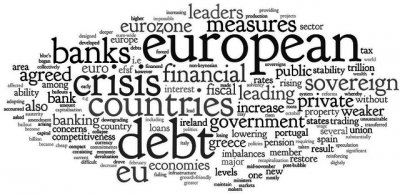Europe’s Debt Crisis: Challenges for the Left, Confronting the Creditors

Second part of the interview given to LVSL. Here, the first part:
The Doctrine of Odious Debt. Break the Taboo on Odious Debts and Their Repudiation
LVSL: If we look at the case of Greece in 2015, we see that there was a change of regime when Syriza and Alexis Tsipras came to power, with strong popular support. And yet in the end, Tsipras downplayed and ignored the work of the Truth Committee on Greece’s Public Debt, which you worked for. What are the political factors that interfered with this movement towards a possible repudiation of a portion of Greece’s debt?
Eric Toussaint: Yes, it’s obviously extremely important to analyse the case of Greece. In fact it was simply a matter of Alexis Tsipras being unable to adopt a strategy that was appropriate to the actual context in which Greece found itself. If you look at the Thessaloniki Programme presented in September 2014, which is the platform on which he was elected in January 2015 (see the excerpts from the programme in my article), there was a whole series of very important commitments in it that included a radical reduction of the debt. There were measures that would have brought about radical changes concerning the brutal austerity measures that were being taken, the privatisations, and the way in which the Greek banks had been bailed out. As Prime Minister, Tsipras took an approach that was not at all consistent with his programme and with the commitments he had made.
But what is extraordinary, and absolutely needs to be underlined in Tsipras’s case, is that a few days after he was elected in January 2015 and formed his government, before he had taken any measures whatsoever, on 4 February the ECB cut off the normal flow of cash to Greece’s banks (see this and this).
…click on the above link to read the rest of the article…
